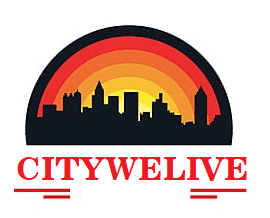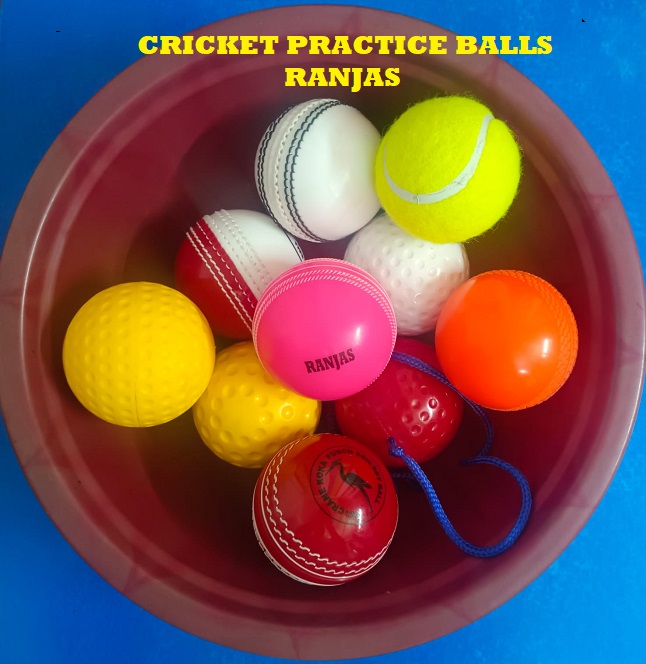Chief Minister Rekha Gupta on Monday assessed the functioning of newly acquired advanced equipment aimed at addressing Delhi’s ongoing air pollution crisis. The evaluation took place at the Delhi Secretariat, where the CM was joined by Environment Minister Manjinder Singh Sirsa and top officials from the Environment Department.
During the demonstration, the Chief Minister examined a range of machines developed for street sanitation, dust suppression, and pollution control. She underlined that dust and grime accumulating along roadways remain a major contributor to the city’s deteriorating air quality, posing serious health risks to residents.
“To address this pressing issue, the Delhi Government has allocated special funds in this year’s Budget for implementing modern cleaning technologies. Today’s live demonstration is an important milestone in that direction,” she stated, adding that these machines will gradually be introduced in all Assembly constituencies.
Among the equipment showcased was a water sprinkler system integrated with an anti-smog cannon, equipped with a 17,000-litre water reservoir and 50-micron nozzles capable of mitigating PM2.5 and PM10 levels. Also on display were electric and CNG-powered mechanical street sweepers with a 3.5-metre cleaning width. These machines can sweep up to 45 km of roads per session and are effective in clearing particulate pollutants, gravel, and waste. A battery-operated litter collection unit and a fully electric water jetting vehicle fitted with GPS tracking were also presented.
The CM noted that under the guidance of Prime Minister Narendra Modi, Delhi has intensified its anti-pollution initiatives. “The Cabinet has sanctioned an all-encompassing plan for cleanliness and dust mitigation. A total of 460 water sprinklers with anti-smog systems, 70 mechanical road sweepers, 70 litter collectors, water tankers, and dust disposal vehicles will be deployed,” she said.
This entire fleet will feature GPS systems, CCTV cameras, AQI sensors, mobile applications, and IoT devices to enable real-time oversight. All machine operations will be centrally monitored to ensure accountability and optimal performance.
The CM further stated that over 1,000 water sprinklers will operate daily across the city — except during the rainy season — to substantially improve air quality. She appealed to citizens to support this initiative by avoiding littering, adhering to construction regulations, and contributing to a cleaner, pollution-free Delhi.
Environment Minister Sirsa described the project as a “transformative and essential” measure in the Capital’s battle against pollution. “These machines will significantly improve road cleanliness by controlling dust and residues. With systematic sweeping and sprinkling now in place, public involvement will be key to success,” he said, urging residents to keep their surroundings clean and help ensure a healthier atmosphere in Delhi.




